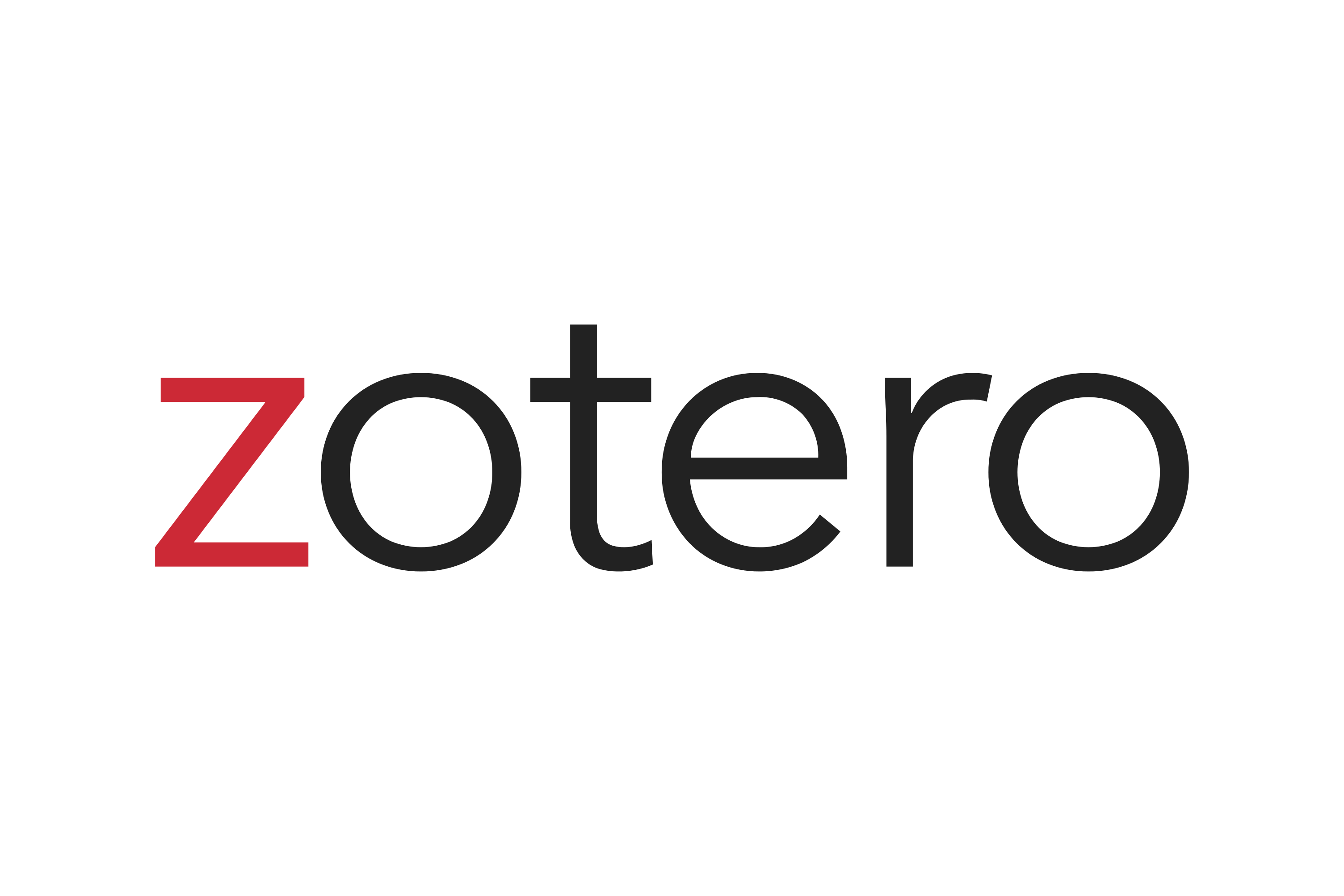IMPLIKASI NASKH DALAM PENAFSIRAN AL-QUR'AN: Melacak Komparatif Pemikiran Quraish Shihab dan Abdullah Ahmad An-Naim
DOI:
https://doi.org/10.32678/alfath.v15i1.4482Keywords:
Implication, Naskh, Quraish Shihab, Abdullah Ahmad an-NaimAbstract
The concept of naskh still an interesting issue in the study of the Qur’an both in the classical and contemporary era. This can be seen from various interpretations in addressing the verses that are considered contradictory. This is the task of academics in the field of the Qur’an to uncover the concept of naskh, especially the initiators of the naskh theory in the contemporary era which have different criticisms and opinions regarding the concept of naskh it self. Thus, the question will arise, are there any verses in the Qur’an which are contradictory? are there any verses that are dysfunctional? this problem has caused controversy among the ulama.
Downloads
References
Alif, Muhammad. “Analisis Munasabah Fi Al-Qur’an”, Jurnal al-Fath [SI], v. 3, n. 2, hal. 128-135, des.2009. ISSN 2723-7257. (Tanggal diakses: 24 Desember. 2020), http://jurnal.uinbanten.ac.id/index.php/alfath/article/view/3343.
Al-‘Arainī, Muḥammad ibn Sulaimān. Mabhats an-Naskh Fī ‘Ilmi Ushul al-Fiqh wa Fī ‘Ilmi an-Nāsikh wa al-Mansūkh, (Riyād: Majallah al-Jam’iyyah al-Fiqhiyyah al-Sa’ūdiyyah, 2011).
Al-Qaṭṭān, Manna’ Khalīl. Mabāhiṡ Fī ‘Ulūm Al-Qur’ān, terj. Umar Mujtahid, (Jakarta: Ummul Qura, 2016).
An-Naim, Abdullah Ahmed. Dekonstruksi Syariah: Wacana Kebebasan Sipil, Hak Asasi Manusia, dan Hubungan Internasional dalam Islam, Terj. Ahmad Suaedy & Amirudin Ar-Rany, Judul Asli Toward An Islamic Reformation, Civil Liberties, Human Right, and International Law, Cet. 1 (Yogyakarta: IRCIsOd, 2016).
‘Attar. Nūr ad-Dīn, ‘Ulūm al-Qur’ān, (Dimasyqi: Maṭba‘ah al-Ṣobaḥ, 1993).
As-Suyūṭī, Jalāluddīn. Al-‘Itqān Fī ‘Ulūm al-Qur’ān, (Bairut: Mu’assasah ar-Risālah, 2008).
Asyrofi, Muhammad. “Konsep Nasakh Dalam Ijtihad Menurut Pemikiran Abdullah Ahmad an-Naim”, Skrpsi (Jurusan Al-Ahwal Al-Syakhshiyyah Fakultas Syariah Universitas Islam Negeri Maulana Malik Ibrahim Malang, 2010).
Daswandi, Implikasi Nasikh-Mansukh Dalam Menafsirkan al-Qur’an: Studi Analisis Tafsir al-Misbah Tentang Ayat Saif dan Damai, Tangerang: Penerbit YPM, 2017.
Ma’luf, Louis. Kamus Munjid, (Bairut: Dār al-Masyrik, 2008).
Rafi, Muhammad. “Konsep Nasikh Wa Mansukh Menurut Syah Wali Allah Al-Dahlawi Dan Implementasinya”, Jurnal Ilmiah Mahasiswa Raushan Fikr, Vol. 9, No. 2 (Juli-Desember 2020).
Sari, Muhammad. Ulumul Qur’an II, (Serang: UIN SMH BANTEN, 2012).
Shihab, M. Quraish. Kaidah Tafsir: Syarat Ketentuan dan Aturan yang Patut Anda Ketahui dalam Memahami Ayat-Ayat al-Qur’an, (Tangerang: Penerbit Lentera Hati, 2013).
Shihab, M. Quraish. Membumikan al-Qur’an: Fungsi Wahyu Dalam Kehidupan Masyarakat, (Bandung: Penerbit Mizan, 1996).
Shihab, M. Quraish. Tafsir al-Misbah: Pesan, kesan dan Keserasian al-Qur’an,Vol. 1, (Jakarta: Lentera Hati, 2002).
Shihab, M. Quraish. Tafsir al-Misbah: Pesan, kesan dan Keserasian al-Qur’an,Vol. 5, (Jakarta: Lentera Hati, 2002).
Shihab, M. Quraish. Tafsir al-Misbah: Pesan, kesan dan Keserasian al-Qur’an,Vol. 6, (Jakarta: Lentera Hati, 2002).
Shihab, M. Quraish. Tafsir al-Misbah: Pesan, kesan dan Keserasian al-Qur’an,Vol. 11, (Jakarta: Lentera Hati, 2002).
Shihab, M. Quraish. Tafsir al-Misbah: Pesan, kesan dan Keserasian al-Qur’an,Vol. 14, (Jakarta: Lentera Hati, 2002).
Downloads
Published
How to Cite
Issue
Section
License
Copyright Notice

Al-Fath: http://jurnal.uinbanten.ac.id/ is licensed under a Creative Commons Attribution-ShareAlike 4.0 International License
An author who publishes in Al-Fath agrees to the following terms:
- Author retains the copyright and grants the journal the right of first publication of the work simultaneously licensed under the Creative Commons Attribution-ShareAlike 4.0 License that allows others to share the work with an acknowledgment of the work's authorship and initial publication in this journal
- Author is able to enter into separate, additional contractual arrangements for the non-exclusive distribution of the journal's published version of the work (e.g., post it to an institutional repository or publish it in a book) with the acknowledgment of its initial publication in this journal.
- Author is permitted and encouraged to post his/her work online (e.g., in institutional repositories or on their website) prior to and during the submission process, as it can lead to productive exchanges, as well as earlier and greater citation of the published work (See The Effect of Open Access).
Privacy Statement
The names and email addresses entered in this journal site will be used exclusively for the stated purposes of this journal and will not be made available for any other purpose or to any other party.










